The real state of living below the poverty line in Britain
The number of people living in poverty in Britain, the world's fifth largest economy, is a national disgrace, new figures reveal. David Barnett meets some of the people caught up in a desperate trap, and the organisations that try to support them out of it
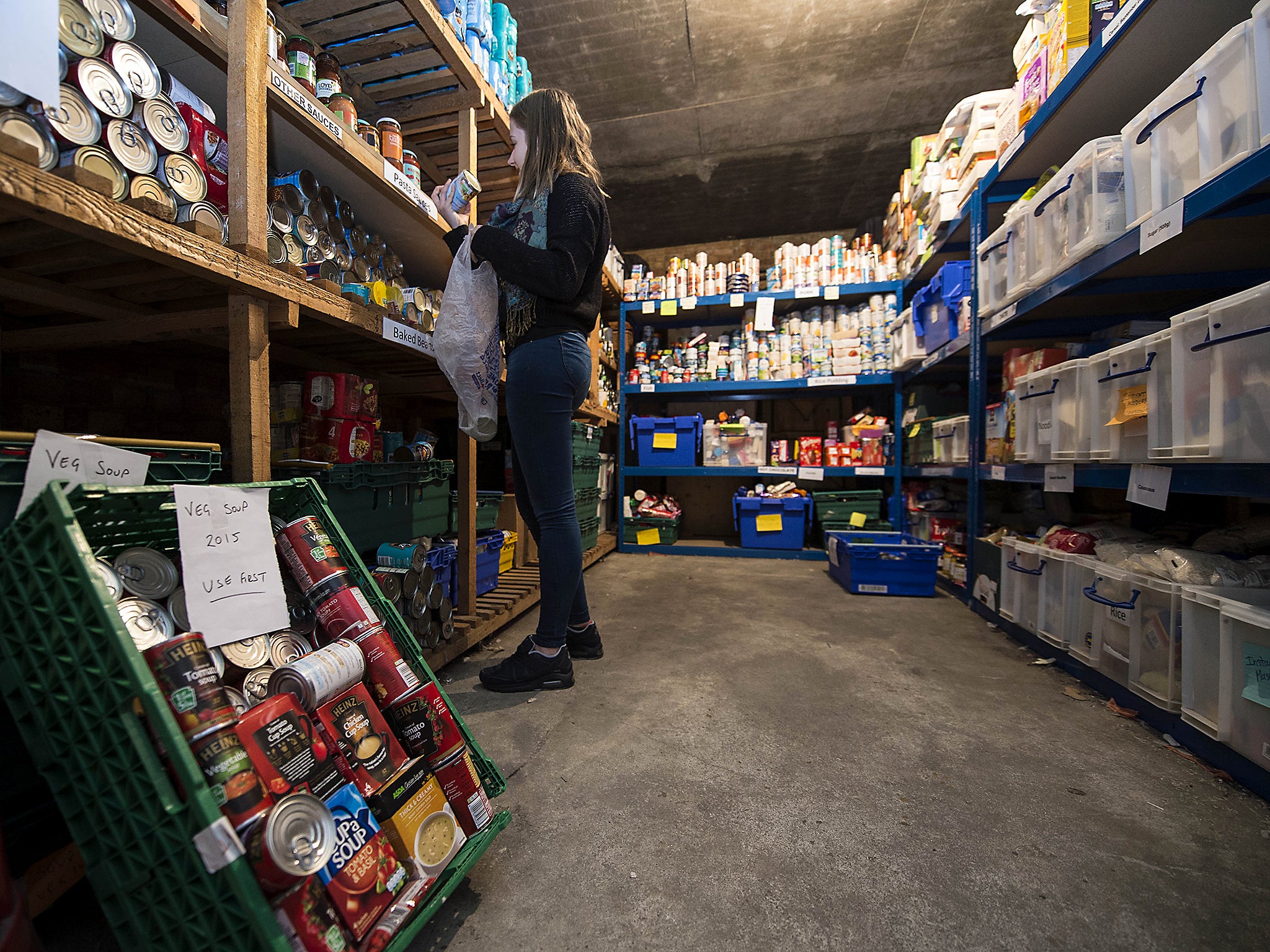
“I had no food in the house to feed my two kids,” says Aprel. “I’d lost my job through falling pregnant and the relationship I was in broke down, so I was on my own.”
Aprel had a history of drug use which, she says, “got me into a bad place”. She was diagnosed with post-traumatic stress disorder, then on top of that got postnatal depression. “Once I’d bought baby milk I was living on literally £3.20 a week. I was getting letters and phone calls non-stop from 13 different companies, from 8am to 8pm every day. I told them I couldn’t afford to pay them but they took my money anyway.”
Aprel is perhaps the classic image we have of someone on the poverty line. But “poverty” is such a wide-ranging term. What do we mean by it? There are many definitions of what it means to be living in poverty, the most commonly used one in the UK being “relative income poverty”. This is used throughout Europe, and is taken to mean households where the income is 60 per cent or less of the country’s median household income, which in the UK is currently around £25,000. So, if your household is bringing in less than about £15,000 a year, you’re in poverty.
We might also talk about “absolute poverty”, which means that the poverty level of an individual, household or group doesn’t change over time, even if the economy improves and society becomes more prosperous.
Then, if the word poverty itself seems a little distasteful, we might talk about “social exclusion”, for which we can look to the official Government definition: “The lack or denial of resources, rights, goods and services, and the inability to participate in the normal relationships and activities, available to the majority of people in a society, whether in economic, social, cultural or political arenas.”
However you slice it, poverty is bad news. And there are more of us living in it… and not just people like Aprel. According to the Joseph Rowntree Foundation this month, one in every eight workers in the UK is now classed as living in poverty. That’s 3.8 million individuals who, despite having a job, are on the breadline. Taken as households, that’s 7.4 million people – 2.6 million of them children – who are in poverty. And that means a record high of 55 per cent of those classed in poverty are actually in working households.
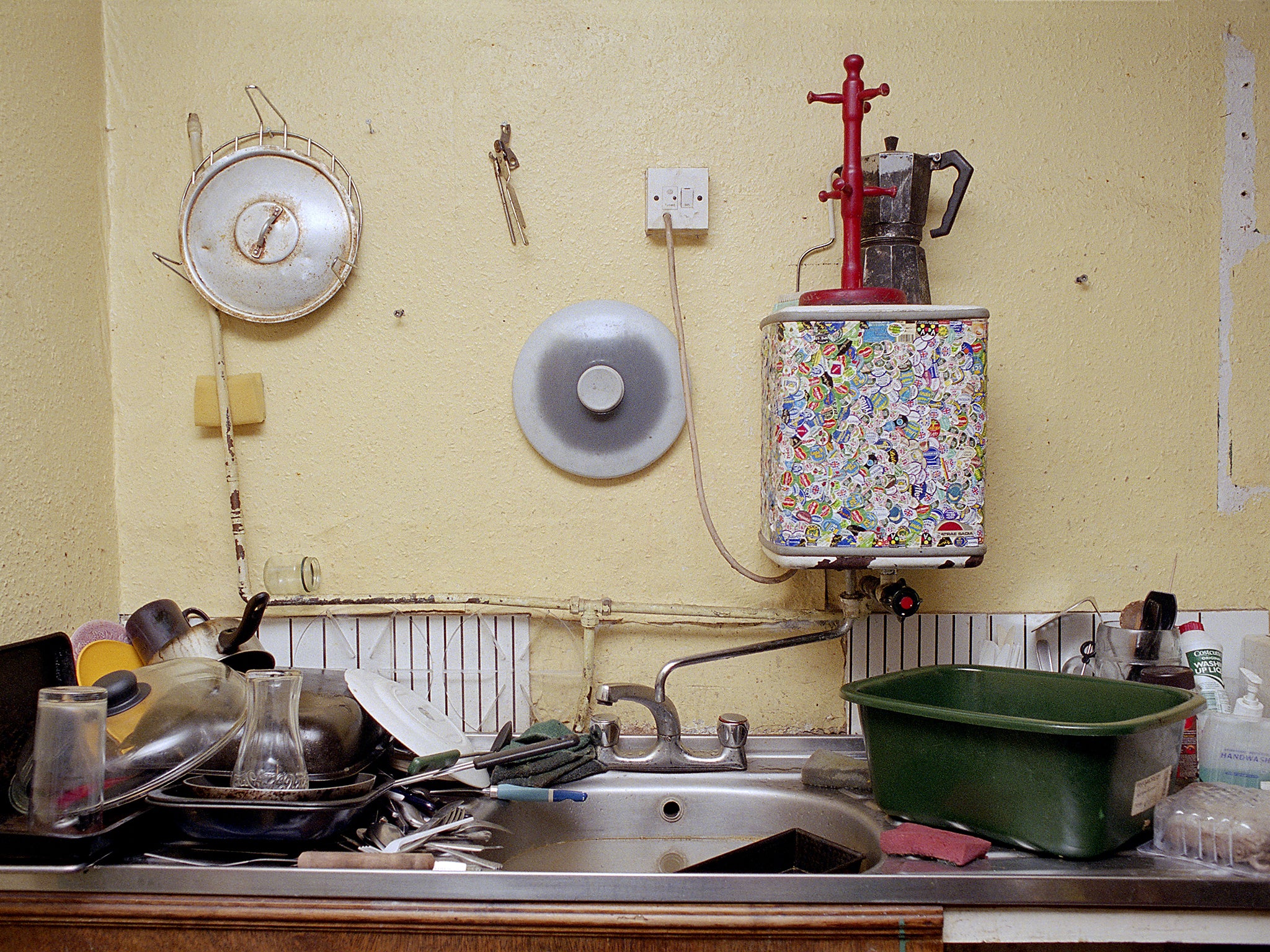
“The UK economy is not working for low-income families,” says Helen Barnard, Head of Analysis at the Joseph Rowntree Foundation. “The economy has been growing since 2010 but during this time high rents, low wages and cuts to working-age benefits mean that many families, including working households, have actually seen their risk of poverty grow.
“As it negotiates Brexit, it is vital that the Government does not allow its focus to slip from the domestic concerns that make a huge difference to people who are just about managing. This report shows that people on low incomes cannot rely on economic growth and rising employment alone to improve their financial prospects. Families who are just about managing urgently need action to drive up real-term wages, provide more genuinely affordable homes and fill the gap caused by cuts to universal credit, which will cost a working family of four almost £1,000 per year.”
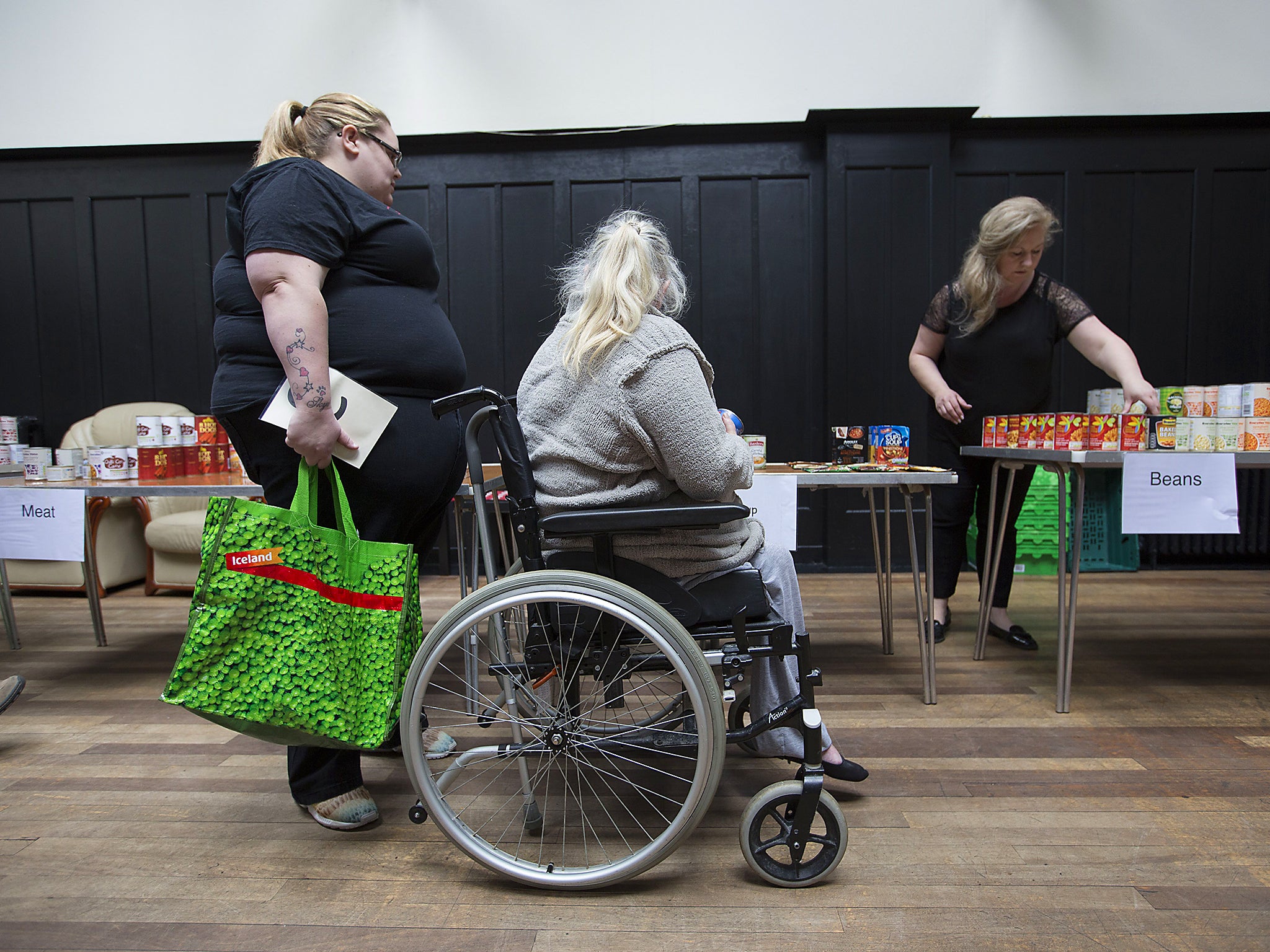
These “just about managing” households have been big news recently, even earning themselves an acronym: Jams. Since becoming Prime Minister, Theresa May has promised to do something for the Jams. And that’s hardly surprising; working households tend to vote, and they’ll often cast their vote for those who make their lives a little easier.
“Theresa May has been talking a lot about the Jams, and it’s right that she should,” says Marianne Clough. “But apart from the just about managing families, there are those who are not at all managing.”
So the Naams, perhaps. Those who are in poverty but not the 55 per cent who are working. People like Aprel. Marianne is a spokesperson for Christians Against Poverty, a Bradford-based, national charity that helps people struggling to attain even a basic level of living. Aprel was one of their clients, featured in CAP’s 2015 client report. The charity is drawing up its 2016 report, to be released in early spring, and the picture isn’t improving.
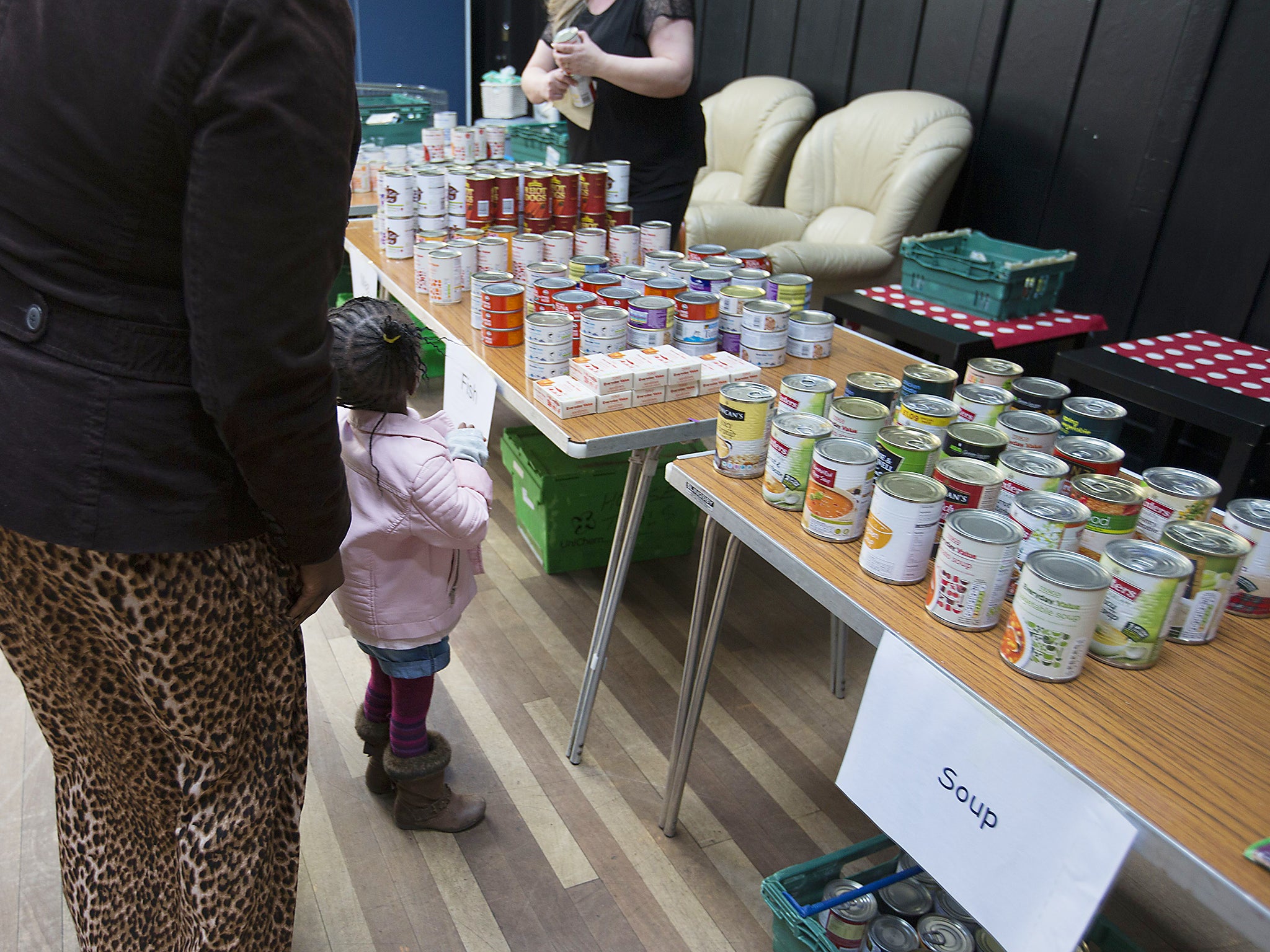
Clough says, “We do interviews with people we have helped across the country for the client report, and there are clear indications that things are becoming more extreme for people right on the edge.”
CAP helps around 20,000 people every year across the UK, primarily by taking away the worry of being chased by creditors and acting as a debt relief organisation that negotiates on behalf of its clients to stop harassment and put together workable repayment plans.
The average household income of those they help is about £14,000 a year… with many of them far, far below that. Clough says, “Some of the people we help have no chairs to sit on, no carpets, nothing in the kitchen cupboards. We have people who have not put on the heating or the hot water for more than a year.”
Today CAP, along with the Trussell Trust, which manages food banks across the UK, revealed that almost half of the people referred to them needing food handouts are on pre-payment fuel meters, meaning that if they have no money they can’t pay for gas and electricity.
David McAuley, chief executive of the Trussell Trust says: “A crisis in winter for someone on a pre-payment meter who can’t afford the bare essentials isn’t just shocking: it’s dangerous. We’ve met a grandmother who went without food and heating as she waited six weeks for a delayed pay cheque, a family using candles over the Christmas period because they can’t afford to put the lights on.”
CAP prefers not to bang political drums about poverty, preferring to put their energies into personal meetings at home with every one of their clients and, according to Clough, organising extensive meetings behind closed doors with banks, credit providers, power companies and politicians to bring about the changes required to lift the pall of poverty that hangs over the UK.
There is no shortage, though, of people more than willing to put the responsibility for the poverty crisis at the door of the present Government and its austerity policies of freezing benefits and slashing universal credit.
Naz Shah, the Labour MP for Bradford West, has known poverty herself. As a child, abandoned by her father, she and her mother and siblings passed from one squalor-ridden hovel to another around West Yorkshire. “Been there, done that, got the T-shirt,” she says. Shah pulled herself up by her bootstraps – her resourcefulness would make any Tory proud! – but she knows that she might not have been able to if she was in the same situation today with the extra-harsh strictures on those on the breadline.
“It’s a cycle, a spiral,” she says. “You feel like you’re at the middle of a tornado. People have got to have support to allow them to transcend those situations, but that support is increasingly just not there. Benefits and tax credits shouldn’t be seen as a hand out, they should be seen as a hand up, a way to help people help themselves out of the poverty trap.”
Now an MP in a city that has some of the worst levels of deprivation in the country, Shah is seeing first-hand how people are suffering. “I had a woman come to see me with a list of people she owes money to, including all her neighbours. She didn’t know what to do, who to pay with the bit of money she had.
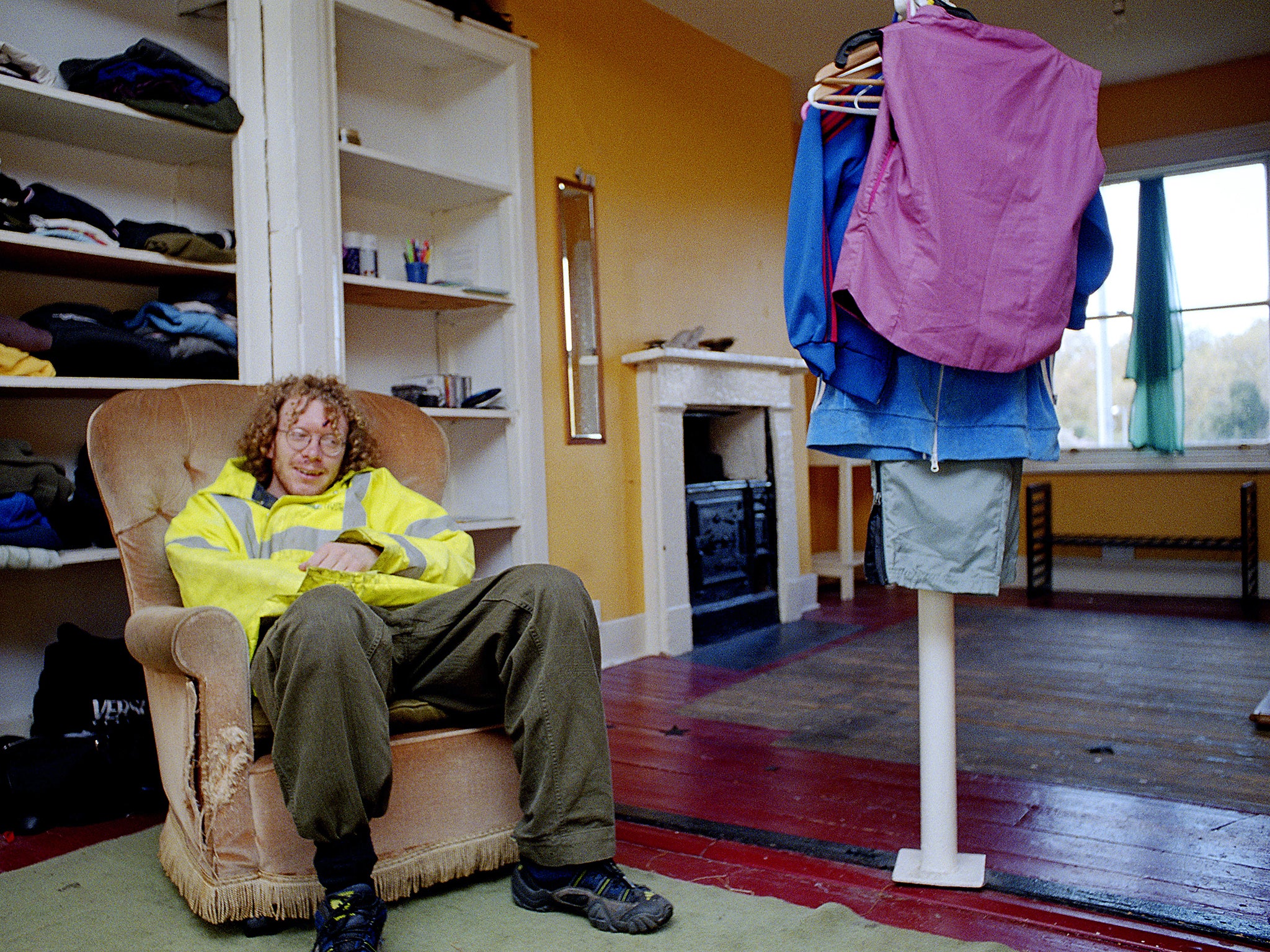
“I see people who have jobs on the poverty line, because they are on zero-hours contracts and have no job security. People with two jobs, sometimes three, who haven't seen an increase in wages in literally years.
“The Tory way to solve this seems to be taking money from places with high levels of poverty and redistributing it to wealthier areas. How is this a strategy for economic recovery? It just stinks.”
The Joseph Rowntree Foundation has its own ideas on what needs to happen to arrest the poverty spiral, including reversing cuts to in-work allowance, ending the freeze on benefits so they rise with inflation, and cutting housing costs for those in the private rented sector.
In the meantime, while Great Britain plc tries to balance the books through austerity politics, it is left to individuals and organisations to put sticking plaster after sticking plaster over the widening poverty gap in the UK. Organisations like the Trussell Trust and their food banks, who helped Maria Amos of the Wirral last Christmas. She says, “I had no money at all and couldn't afford to put the gas on. I moved the bed into the living room, like a bedsit. I couldn't afford to heat the whole house. The food bank helped me with a food parcel and a fuel voucher, and I was so grateful for the help they gave me.”
And CAP, who helped Aprel, living on pennies a week and bombarded by creditors until CAP stepped in. She says, “I’m debt free now; my life is new. The way that I spend now is different: I save a bit, which I didn’t used to. And I can afford things for my kids, like swimming lessons for my son, which he’s wanted for such a long time. I wouldn’t have realised how good life could be without CAP. I would still be putting my kids to bed and then getting high, if it wasn’t for their help. But with CAP I always had the reassurance that someone was there to help me, no matter what.”
The question is, are there enough sticking plasters in the world to cover the gaping wound of poverty that is blighting life in Britain at the end of 2016?
Join our commenting forum
Join thought-provoking conversations, follow other Independent readers and see their replies
Comments